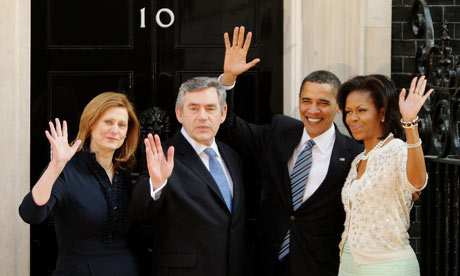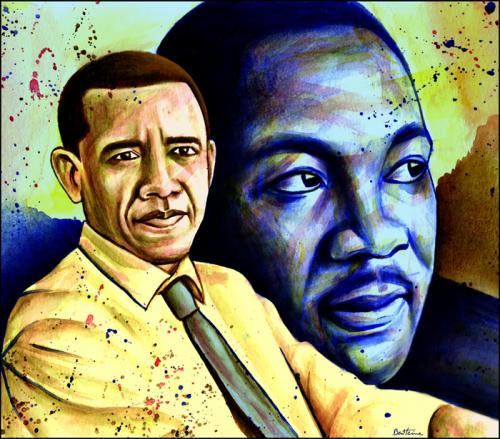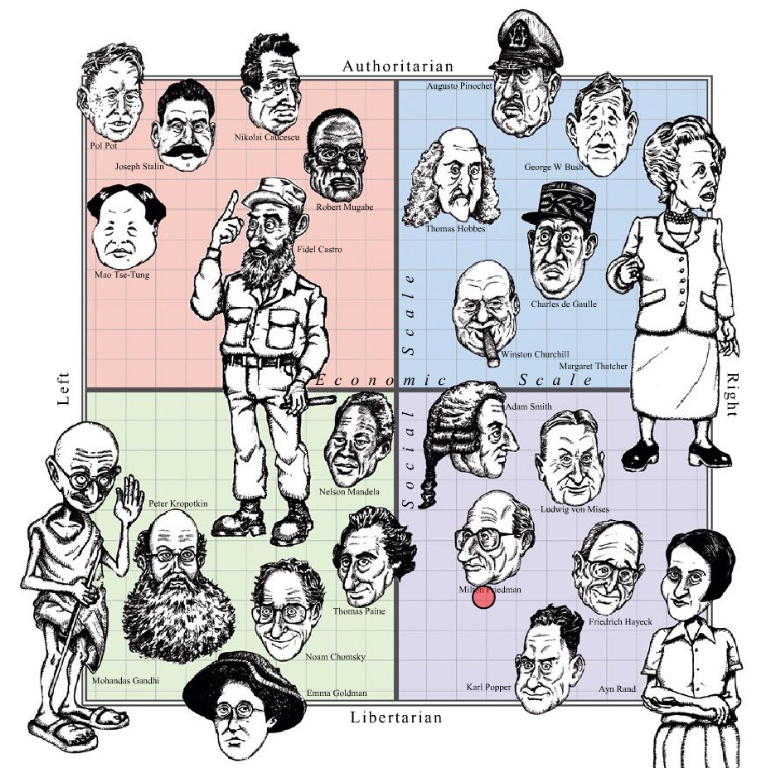
This post was written by Richard Norman, in Harare, the capital of Zimbabwe
Earlier this year, inflation in Zimbabwe reached 231 million per cent per month (with some unofficial estimates at more than 80 billion per cent). Prices doubled every day. Citizens were forced to cross borders to buy bread. The political instability that had wrecked the country for a full decade, and which had begun with the violent seizure of white-owned farms, appeared finally to have destroyed the Zimbabwean economy. Computers froze up when forced to calculate the zeros.
But following the swearing-in of a unity government in February, the first stirrings of stability returned. The power-sharing agreement between Morgan Tsvangirai, who was widely seen to be robbed of a presidential win in elections in 2008, and Robert Mugabe, the country’s only and continuing president, was hailed as a breakthrough. The Zimbabwe dollar, which in January featured $100 trillion notes (even after cutting more than half a dozen zeros) was scrapped in exchange for a liberal foreign currency regime. Now goods and services are paid for in dollars or rand, change is very scarce, and the old currency is sold to tourists as memorabilia.
But things are far from happy, and one hundred days after the unity government came into office—with Tsvangirai as prime minister and Mugabe, tenaciously, amazingly, still in power as president—the economy continues to be in tatters. Zimbabwe’s major cities, Harare and Bulawayo, are struck frequently by huge power outages, to say nothing of rural areas. People who make a monthly salary of $100 find bills in their post from the state electricity provider of $150 or more; some places haven’t seen electricity in more than a year. Water services are similarly in shambles. Suburban professionals who once enjoyed comfortable lives may still have their homes, but they must wake at 4 a.m. in order to beat the line at the community borehole. A cholera outbreak in and around the capital earlier this year claimed more than 4,000 lives, plainly attributable to the ransacking of public utilities under the uncontested time of Mugabe’s reign. While the supermarket shelves have filled up again with basic products, and gasoline is widely available, signs of deprivation are apparent everywhere. Torture continues in prisons with journalists and lawyers frequent targets. There have been reports of the general prison population surviving on tree leaves and rats.
How have Mugabe and Tsvangirai been getting along as partners in power? The two men have faced off against each other throughout the last decade, which saw the rise of the latter as the only opposition leader with the stamina and popular appeal to challenge the independence hero. Tsvangirai, who has survived repeated beatings by Mugabe henchmen, and whose wife was killed in March when a truck side-swiped the car the couple were driving, has been doing his best in the face of repeated interference by the president and ZANU-PF, the president’s party.
On the one-hundred day mark of the unity government, serious obstacles remain. The key to revitalizing the Zimbabwean economy is reforming the central bank, in particular its corporate governance structure, and launching a new currency. This process, which Tsvangirai and his finance minister have been hard at work on, has been undermined by the hold-over reserve bank governor Gideon Gono, the man who presided over the extraordinary inflationary period and whose official signature testifies to the worthlessness of the $100 trillion note. Mugabe has insisted on Gono’s reappointment against the wishes of Tsvangirai and much of the international community, and also wants the reappointment of the attorney general, Johannes Tomana, who would rubber stamp Mugabe and ZANU-PF’s lawless actions. These are the outstanding issues to be dealt with under the unity agreement and have finally, after endless negotiations, been sent to the Southern African Development Community for arbitration. While this may eventually resolve the problem in the months to come, this may also be a tactic on the part of Mugabe to run Tsvangirai and his ministers into the ground.
Faced with such a principled and well-organized opposition, so deeply unpopular, most other leaders would have ceded power no matter how undemocratic and tyrannous their nature—especially at the age of 85. But Mugabe is sui generis. The last African independence leader, the last bastion of a false and misery-generating Afro-Marxism, the Zimbabwe president appears to have a limitless capacity and energy to plot against opponents and see them off with maximum violence. Even in his dotage he remains formidable. As the months go by and the unity government remains stuck in mid-gear, his interference and stalling appear less to be a basic unfamiliarity with the concept of sharing power and more of a tactic to wear out his opponents before again going on the attack.


 By Nick Li
By Nick Li
 By Nick Li
By Nick Li